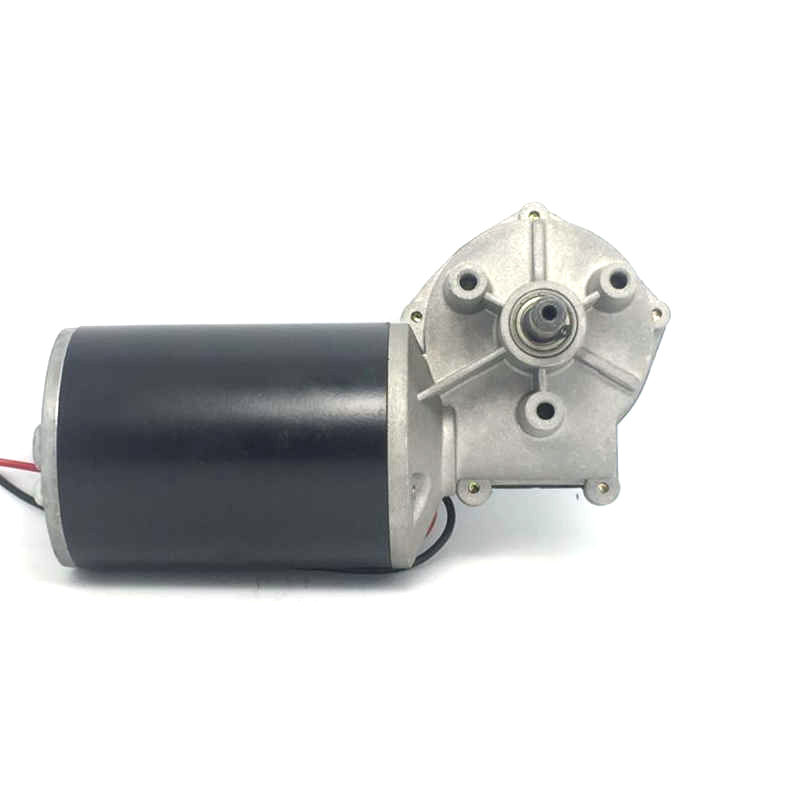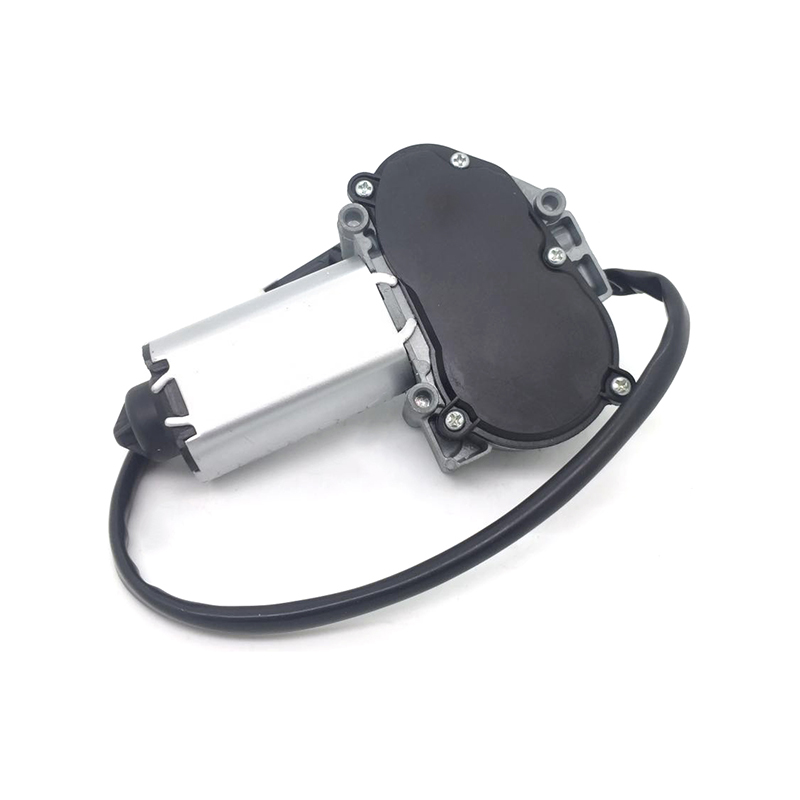 +86-0577-66009580
+86-0577-66009580
 juntmotor@126.com
juntmotor@126.com

Among the various options available, 12V brushless DC motors have gained significant attention. But are they truly worth the investment compared to traditional alternatives like 12V coreless DC motors or standard 12V DC motor low RPM models?
Performance and Efficiency
12V brushless DC motors are known for their outstanding efficiency and longevity. Unlike brushed motors, they eliminate friction caused by physical commutators, reducing wear and tear. This makes them ideal for applications requiring continuous operation, such as drones, medical devices, and automation systems.
In contrast, 12V coreless DC motors offer smooth operation and quick response times due to their lightweight rotor design. However, they may not match the durability of brushless models in high-load scenarios. Meanwhile, 12V DC motor low RPM variants are popular for applications needing precise speed control, such as conveyor systems and small robotics, but their brushed design can cause higher maintenance costs over time.
Cost Considerations
One of the primary concerns for buyers is the 12V brushless DC motor price. While these motors typically have a higher upfront cost compared to brushed alternatives, their long-term savings in energy efficiency and reduced maintenance often justify the investment. For example, a high-quality 12V brushless DC motor price may range from $30 to $100, depending on specifications, whereas a 12V coreless DC motor might cost between $15 and $50.
Standard 12V DC motor low RPM brushed models are usually cheap, with prices as low as $10 to $30. However, frequent brush replacements and higher energy consumption can increase total ownership costs. Businesses must weigh initial expenses against operational savings when choosing between a 12V brushless DC motor price and more affordable brushed options.
Reliability and Maintenance
12V brushless DC motors excel in reliability, with lifespans often exceeding 10,000 hours. Their electronic commutation system minimizes mechanical failure points, making them suitable for critical applications. On the other hand, 12V coreless DC motors, while efficient, may suffer from coil overheating under sustained loads.
Brushed 12V DC motor low RPM units, though cost-effective, require regular brush inspections and replacements, increasing downtime. For industries prioritizing minimal maintenance, the 12V brushless DC motor price becomes a justifiable expense.
Ideal Applications
- 12V brushless DC motors: Best for high-performance drones, electric vehicles, and industrial automation.
- 12V coreless DC motors: Ideal for portable medical devices, small robotics, and camera gimbals.
- 12V DC motor low RPM: Suitable for HVAC systems, conveyor belts, and applications needing steady, slow movement.
Conclusion
While the 12V brushless DC motor price may seem steep initially, the long-term benefits in efficiency, durability, and reduced maintenance make them a smart investment for demanding applications. Meanwhile, 12V coreless DC motors offer a middle ground for lightweight uses, and 12V DC motor low RPM brushed models remain a budget-friendly choice for less intensive tasks.
Ultimately, the decision depends on specific needs. For businesses seeking reliability and performance, 12V brushless DC motors are undoubtedly worth the investment. For hobbyists or light-duty applications, weighing the 12V brushless DC motor price against alternatives like 12V coreless DC motors or 12V DC motor low RPM brushed models will ensure value.
As technology advances, the gap in 12V brushless DC motor price may narrow, further solidifying their dominance in the market. Until then, buyers must carefully assess their requirements to make cost-effective choice.

